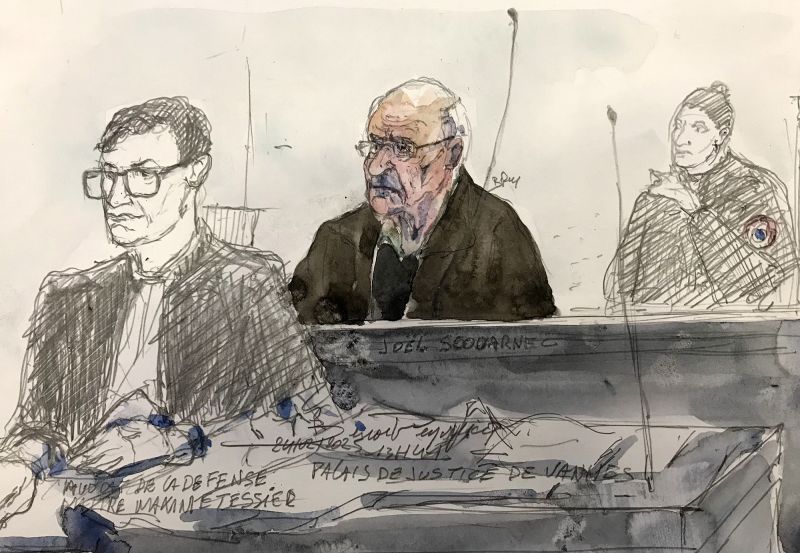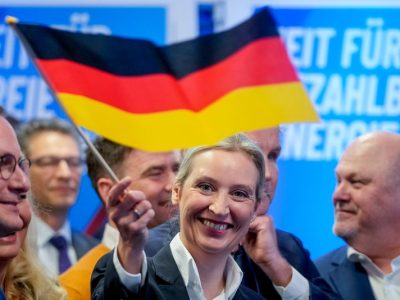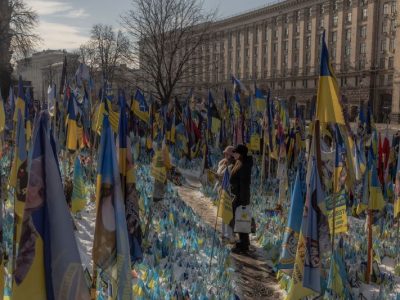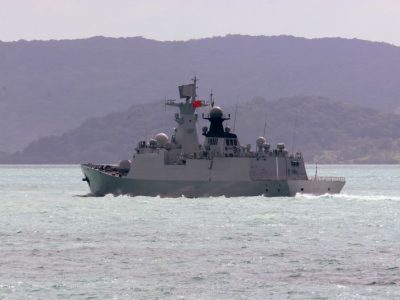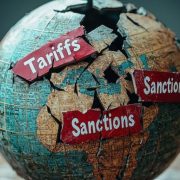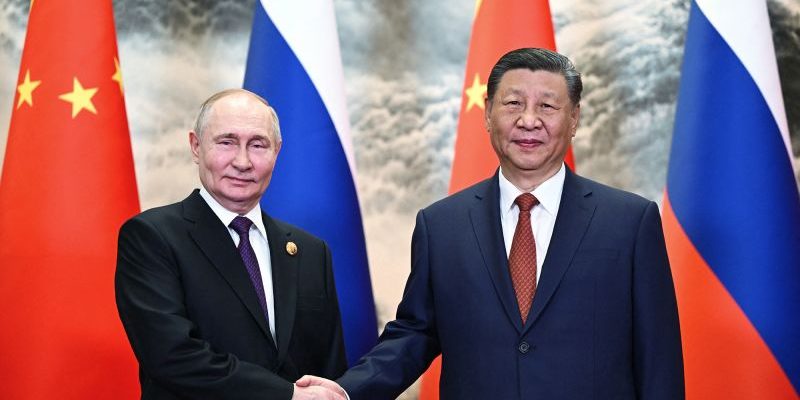
China and Russia “cannot be moved away” from one another, Chinese leader Xi Jinping told his counterpart Vladimir Putin on Monday, in their first phone call since US President Donald Trump upended American foreign policy with a sweeping pivot toward Moscow as he pushes for peace in Ukraine.
The call, which took place as Kyiv marked the third anniversary of Russia’s brutal invasion, stands as a clear message from Beijing that its relations with its key diplomatic partner will not be shaken by Washington’s warming relations with the Kremlin.
“History and reality show that China and Russia are good neighbors that cannot be moved away, and true friends who share weal and woe,” Xi told Putin, according to China’s state news agency Xinhua, evoking a phrase the Chinese leader had used to mark the symbolically significant 70th anniversary of their diplomatic ties in 2019.
“The development strategies and foreign policies of China and Russia are for the long-term,” he added, reiterating that their ties wouldn’t be influenced by “any third party.”
“Despite changes in the international situation, China-Russia relations will proceed with ease,” the Chinese leader said.
The Kremlin described the call as “warm and friendly” in its readout but did not elaborate on the strength of their ties to the same degree as Beijing’s.
“The leaders particularly emphasized that the Russian-Chinese foreign policy link is the most important stabilizing factor in world affairs. It is strategic in nature, is not subject to external influence, and is not directed against anyone,” the Kremlin said.
The closely anticipated call between the close partners comes as Moscow’s position on the international stage has undergone a significant transformation in recent weeks, as Trump has sought to bring Putin alongside in his push to end the fighting in Ukraine in a significant shift of American policy.
Top Trump administration officials met Russian counterparts in Saudi Arabia last week after signaling they could cede to some of Moscow’s key demands – raising concerns that peace would be brokered over the heads of Kyiv and its European partners. Trump has also parroted Kremlin rhetoric about the war and launched a barrage of criticism against Ukrainian President Volodymyr Zelensky.
Putin updated Xi on the latest contacts between Russia and the US during their call, according to readouts from both sides.
Xi said that “China is pleased to see Russia and other parties concerned making positive efforts to resolve the crisis,” according to Xinhua.
“The Chinese side expressed support for the dialogue that has begun between Russia and the United States, as well as readiness to assist in finding ways to peacefully resolve the Ukrainian conflict,” the Kremlin readout said.
Beijing’s readout noted that the call was initiated by Putin.
Xi and Putin navigate a new American foreign policy
Despite declaring neutrality in the conflict, China emerged as a key diplomatic and economic backer of Russia since its invasion, with NATO accusing Beijing of powering Russia’s defense industrial base with dual-use goods. China defends its “normal” trade.
Xi and Putin – who weeks before the invasion declared a “no limits” partnership – have long seen the other as a key partner in a shared power struggle with the West.
But recent US efforts have raised questions about whether Washington could drive a wedge between the two strongmen.
Following a meeting of top US and Russian official in Riyadh last week, US Secretary of State Marco Rubio named the possibility for future “geopolitical and economic cooperation” between Washington and Moscow as among four key points discussed.
Days earlier, the Trump administration’s Russia-Ukraine envoy Keith Kellogg told a panel discussion in Munich that the US hoped “to force” Putin into actions he was “uncomfortable with,” which could include disrupting Russia’s alliances with Iran, North Korea and China.
Chinese officials gave initial signals that it shared concerns about the bilateral US-Russia diplomacy taking place over Beijing and European leaders’ heads.
Speaking at a security conference in Munich following the Trump-Putin call earlier this month, Chinese Foreign Minister Wang Yi voiced support for US-Russia efforts toward peace but added that “all parties and all stakeholders” should be involved in peace talks.
However, that language about participation was missing from the Chinese diplomat’s remarks to a meeting of G20 foreign ministers in Johannesburg on Thursday, where Wang held a sideline meeting with Russian counterpart Sergey Lavrov and the two hailed their countries’ growing cooperation.
China “supports all efforts dedicated to peace, including the recent consensus reached between the US and Russia,” Wang told G20 counterparts at the gathering. A “window for peace is opening” on the war, he added.
Russia began its full-scale invasion of Ukraine three years ago in an onslaught that has killed tens of thousands and displaced about 10 million people. The invasion has also laid waste to Ukrainian cities and drawn allegations of war crimes by Moscow’s forces, which are entrenched in parts of eastern and southern Ukraine.

